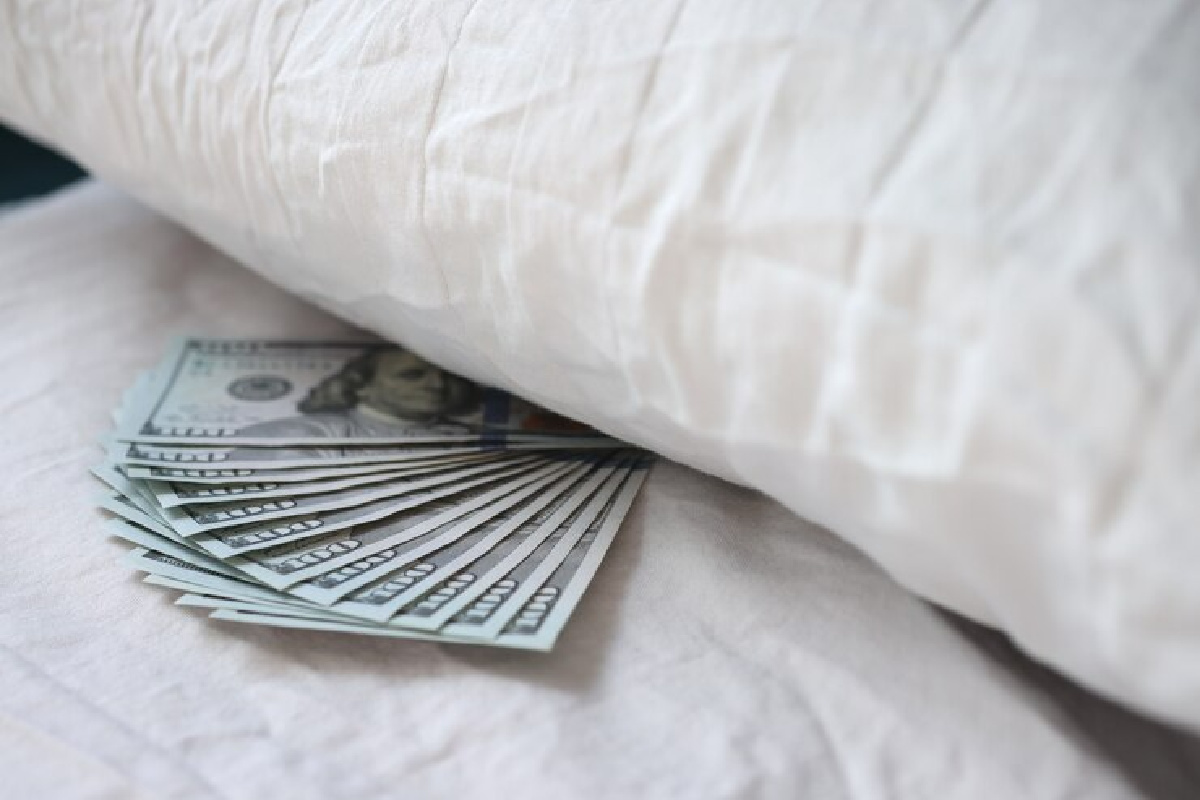According to statistics from the Administrative Office of the U.S. Courts, total bankruptcy filings rose marginally by 2 percent during the 12-month period ending March 31, 2023, but continue to remain lower than they were prior to the COVID pandemic. There was a total of 42,368 new bankruptcies filed in March 2023. This is an increase of 17 percent compared with the 36,068 filings in March of 2022. There were 403,273 new bankruptcy cases filed in the last 12-month period (April 2022 to March 2023), compared with 395,373 cases in the previous 12-month period (April 2021 to March 2022). However, the bankruptcy filing numbers are still significantly less compared to the total number of bankruptcy filings for 2019, which were 772,545.
The Pandemic has officially been declared as over as are the numerous government benefits that were distributed in response to it. Coming out of the Pandemic with widespread inflation, consumers are starting to rely more on their credit cards to cover shortfalls in their household budgets. The increases made to the Federal interest rate that is being used to combat inflation affect the interest rates being offered on personal loans and credit cards. In turn, this makes monthly minimum payments on these debts even more expensive for consumers. Americans’ total credit card balances totaled $986 billion in the fourth quarter of 2022, according to data from the Federal Reserve Bank of New York. This is a $61 billion jump from $925 billion in the third quarter of 2022. Historically, this is the largest quarterly increase since the Federal Reserve Bank of New York began tracking credit card debt statistics. One would expect that such an increase in debt would lead to a large spike in bankruptcy filings. This has not occurred (yet). However, from the outside, it appears to be like the pressure that is building up in a balloon that may eventually pop.
Chapter 7 bankruptcy filings are still down approximately 50% compared with pre-Pandemic filings (231,200 in the last year compared with 479,211 in 2019). There are a couple of factors that have led to this situation. First, unemployment is still low (in April 2023, the national unemployment rate was only 3.4 percent). Even with the numerous interest rate hikes by the Federal Reserve, employment remains strong as can be seen by the still high inflation. While there is not a direct correlation between increases in interest rates and an increase in unemployment, the fact that unemployment remains low is a sign that the current economic situation differs from what we have seen historically. There are, of course, many other factors that affect unemployment. Interest rates are just one factor among many.
Second, the Pandemic had some counter-intuitive effects on consumer’s finances. While inflation has come down slightly compared to last year, consumer demand remains high. Even though, many Americans became unemployed during the Pandemic, they were able to take advantage of increased unemployment benefits. Many Americans stopped going out during the Pandemic whether it was for dining or travel and household spending was significantly cut back by many consumers. This had a negative effect on the restaurant and hospitality industries but led to a boom in demand for household goods as many started spending more money on where they were spending their time, their homes. Since many Americans received combined federal and state benefits and were spending less, they were able to increase their savings. Many used their savings to pay down their debt at the time and for a while stopped accruing additional debt. As evidenced by the Federal Reserve Bank of New York’s recent debt statistics, it appears the opposite is happening now.
With respect to chapter 13 filings, while there has been an increase in such filings compared to the last two years, we believe that one must discount this increase, since many have been filed on a pro se basis to stop foreclosure auction dates and were not filed with the intent to complete a Chapter 13 payment plan. The COVID-related foreclosure moratoriums are long over, and foreclosure auctions are now taking place at a more rapid pace. We have noticed a significant increase in the non-appearance of debtors at Chapter 13 341(a) hearings. So, while there has been an increase in Chapter 13 filings, these cases are often not filed with an attorney and are quickly dismissed by the Bankruptcy Courts.
Despite the relatively low bankruptcy filing numbers compared with pre-COVID figures, we believe a more substantial increase in bankruptcy filings will occur in the near future. As mentioned above, consumer credit card balances are steadily increasing and reaching record levels, inflation is still high, and interest rates are up. Increased interest rates in particular will impact credit card default rates. As mentioned previously, when interest rates go up, monthly minimum credit card payments increase as well. At a certain point, these payments can become overwhelming for the unfortunate debtor. According to American Bankruptcy Institute’s Executive Director Amy Quackenboss:
The increase in bankruptcy filings in the first quarter of the year demonstrates the growing debt burdens of both consumers and businesses.…As inflationary prices have increased in tandem with the cost of borrowing, struggling companies and households have access to a financial reprieve through the bankruptcy process.
If you have any questions regarding filing for bankruptcy, please do not hesitate to contact The Law Offices of David I. Pankin, P.C. We have over 25 years of experience helping provide debtors with a fresh financial start. We can be contacted at 888-529-9600 or by using our easy online contact form.
More information: https://www.uscourts.gov/news/2023/05/05/bankruptcies-rise-stay-lower-pre-covid






